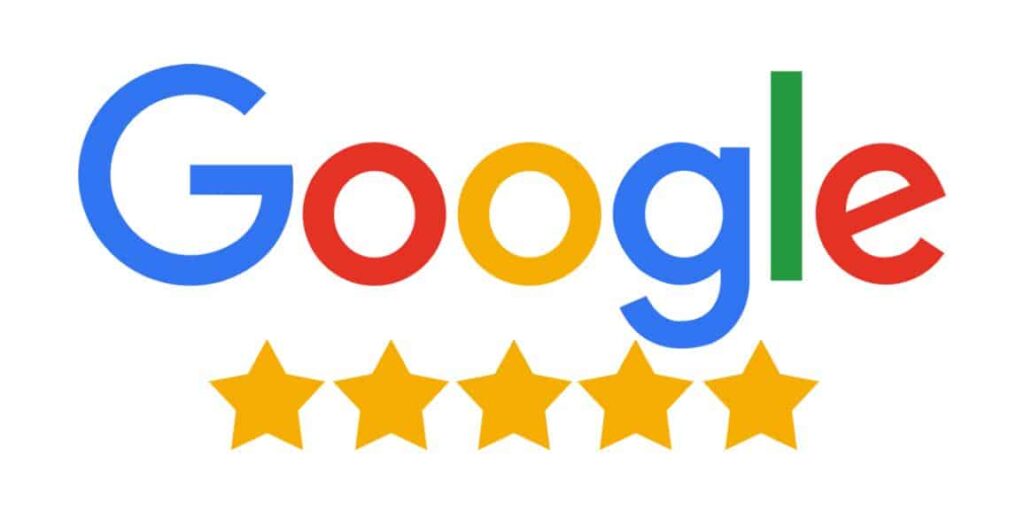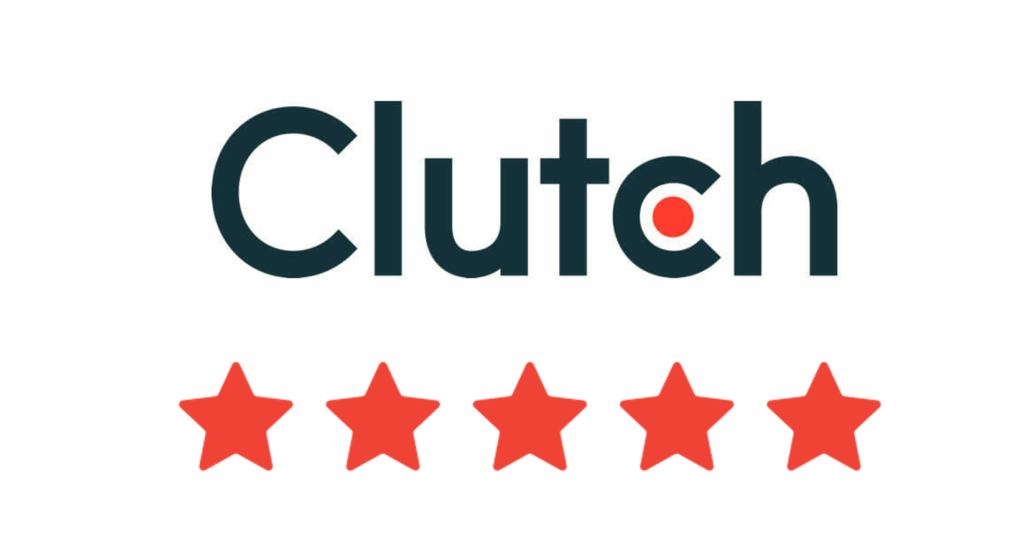Recently, Congress summoned Google CEO Sundar Pichai to testify about potential bias in Google’s algorithms, marking yet another instance where Google has faced accusations of bias.
Despite Google’s denial of bias, many Conservatives argue that the platform exhibits a bias against their viewpoints.
On March 19th, 2019, then-President Donald Trump took to Twitter, stating that Facebook, Google, and Twitter, along with the media, favor the Radical Left Democrats.
This sentiment, echoed by others, has led to ongoing complaints about Google’s perceived bias, particularly against certain political views. The concern that Google may be biased extends beyond the political sphere.
Clients have voiced similar apprehensions in the past, expressing worries about Google penalizing their websites or frustration over competitors consistently outperforming them on search engine results pages.
In these instances, the question arises:
Does Google lie about its impartiality and treatment of diverse viewpoints?
What Makes Google Biased?

I do not believe that Google is manipulating individual SERPs to favor specific websites over others, nor do I believe that Google holds a grudge against any particular website or category of websites. However, I still contend that Google exhibits bias for two primary reasons:
Firstly, Google cannot be considered a neutral party. Ultimately, they must make value judgments regarding the type of content that should rank well on their SERPs.
In this regard, Google exhibits bias against thin content and content that may pose harm to users. They prioritize content that caters to users’ needs, and if your content falls short of this standard, your performance in organic search will suffer.
This form of bias is favorable since it aligns with the desire to live in a world where high-quality content that prioritizes users is valued.
Nevertheless, this is not the sole manifestation of Google’s bias.
As previously highlighted, Google functions as an advertising platform. While their interest lies in serving users to maintain search engine usage, the value of that traffic lies in their ability to monetize it. Selling ads serves as a means for Google to generate revenue from its users.
Therefore, Google will consistently exhibit bias in favor of the interests of paid advertisers. In early 2020, Google implemented changes to the display of paid search results at the top of SERPs, making paid results nearly indistinguishable from organic results.
As described by Search Engine Journal’s Matt Southern, the new ‘Ad’ label closely resembled a favicon. Although Google later reversed this change due to criticism, its underlying intention was evident.
Google stands to benefit significantly by prioritizing the interests of paid advertisers over those of users and other websites appearing in organic search results.
Strategic Steps to Navigate Google’s Bias: Practical Guide for Action

Google does not exhibit the kind of bias that is commonly perceived—it does not manipulate individual SERPs to favor specific entities or viewpoints.
Nevertheless, it is acknowledged that
(a) Google demonstrates a bias in favor of high-quality content that benefits users.
(b) Google aligns with the interests of its paid advertisers.
Now armed with the understanding that Google favors valuable content, you can proactively devise a content strategy for organic search and cultivate link-building efforts to enhance your content’s visibility to search engines.
The fact that Google leans towards content that serves users’ needs presents an opportunity for you to create content that precisely fulfils this criterion. This approach is undoubtedly preferable to existing in an environment dominated by black-hat SEO techniques.
Regarding Google’s inclination towards paid advertisers, it becomes imperative for everyone to collectively ensure the integrity of Google (and other tech giants).
At the time of composing this text, a lawsuit against Google was underway, alleging that the company collaborated with Facebook to consolidate the online advertising market.
It’s worth noting that historical lawsuits against Google have primarily focused on their business practices rather than the specific contents of individual SERPs.
It’s crucial to bear in mind that Google has previously responded to public outcry. By vigilantly monitoring Google and other tech companies, we can advocate for search neutrality and safeguard against unwittingly supporting the interests of paid advertisers.
Ways To Boost Page Ranking!

A. Conduct a Page Audit
To ensure the effectiveness of a plan, it must be tailored to address existing issues or concerns. Therefore, a page audit is essential to identify areas that require attention. The audit encompasses various aspects, including:
- Domain: Evaluate the relevance of your current domain to your products and services.
- Page factors: Assess factors such as page loading time, a crucial element influencing Google’s bias.
- Content: Consider content length and accuracy, two key factors influencing Google’s web page rankings.
Analyzing these factors provides insights into your current position and informs the creation of a plan, helping determine the existence of any bias on Google’s part.
B. Produce High-Quality Content
Recognizing the impact of content quality on Google search rankings is crucial. Content plays a pivotal role in attracting and converting leads.
- Consider the following factors regarding content:
- Keywords: Select relevant keywords based on what your target audience typically searches for. Utilize online seo tools to identify effective keywords with minimal competition.
- Accurate and Relevant Information: Ensure that your content is accurate, relevant, and timely.
Users often seek answers through search engines, and your content should provide valuable solutions without appearing forced or promotional. As AI writers become smarter day by day, they can help you create high-quality, keyword-optimized content without compromising authenticity.
C. Enhance User Experience
- User experience: It refers to how visitors perceive their interaction with your webpage. Several factors contribute to a positive user experience:
- Page Loading Time: Optimize loading time by ensuring images are appropriate to prevent user frustration.
- Navigation: Simplify navigation to make all elements easily accessible, reducing the likelihood of users leaving your page.
- Mobile Responsiveness: Adapt your website for mobile devices, considering varying screen sizes and layouts.
D. Regularly Updating Content
Given the fast-paced nature of the digital landscape, regularly updating content is essential. This practice ensures the information provided remains accurate and relevant, preventing the dissemination of outdated or incorrect information. Additionally, consistent updates help identify areas for improvement on your pages.
What to Do Now That You Are Aware of Google’s Bias?
Google doesn’t exhibit bias in the way commonly perceived—it doesn’t manipulate individual SERPs to favor specific entities or viewpoints.
However, it’s acknowledged that Google demonstrates a bias in favor of high-quality content beneficial to users and supports the interests of its paid advertisers.
Understanding Google’s inclination toward quality content prompts proactive measures. Responding involves crafting a content strategy for organic search and building links to enhance visibility.
Google’s preference for user-centric content provides an opportunity to create material that aligns with this bias, offering a more ethical approach than relying on black hat SEO techniques.
- Concerning Google’s inclination toward paid advertisers, it necessitates collective efforts to ensure transparency.
- Currently, a lawsuit is in progress, alleging that Google collaborated with Facebook to monopolize the online advertising market.
- Historically, legal actions against Google have targeted its business practices rather than the specific content of SERPs.
- It’s essential to recall instances where Google has responded to public concerns.
- By vigilantly monitoring Google and other tech giants, there is an opportunity to advocate for search neutrality and prevent unwitting support for the interests of paid advertisers.
Conclusion
Does Google Lie?
It is highly probable, but it does not actively manipulate its biases. Instead, these biases are rooted in factors that contribute to the development of high-quality websites, encompassing both content and user experience.
In the present scenario, these factors play a crucial role in filtering out pages that may not offer valuable information to users.
The methods mentioned above represent effective ways to align with the factors that Google tends to favor.



